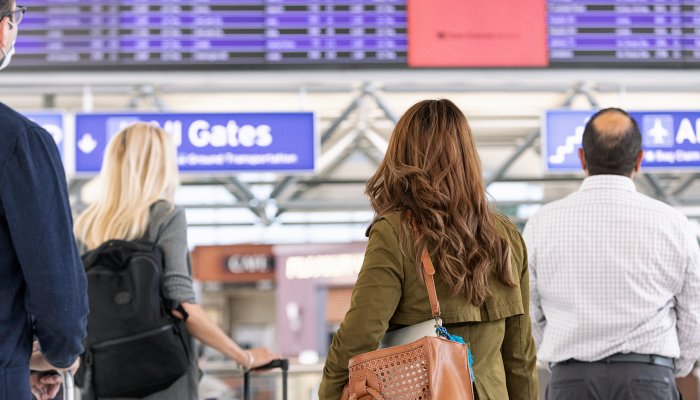
Surprisingly enough, it seems that traveling actually helped people balance out the amount of sleep they were getting in this research.
Study participants who were getting less than 7.5 hours of sleep per night at home (labeled “under sleepers”) were found to sleep more while traveling. On the other hand, people who slept more than 7.5 hours per night (labeled “over sleepers”) were found to get less sleep while on vacation. Previous research has linked long sleep with impacts on metabolic and cardiovascular health, so this was a swing in the right direction.
Both underslept and overslept participants tended to lose sleep when switching time zones, however, so they missed out on these balancing benefits of sleep.
